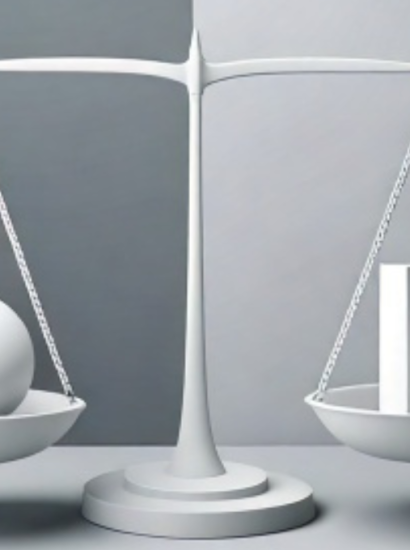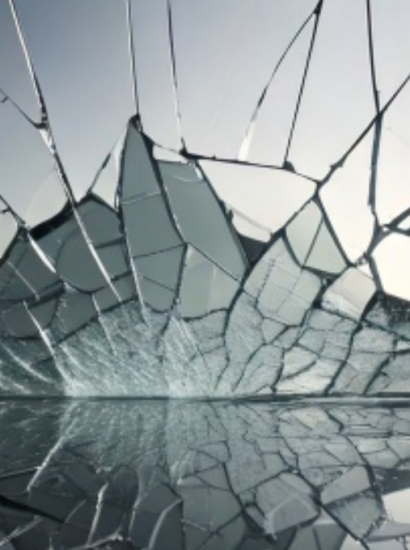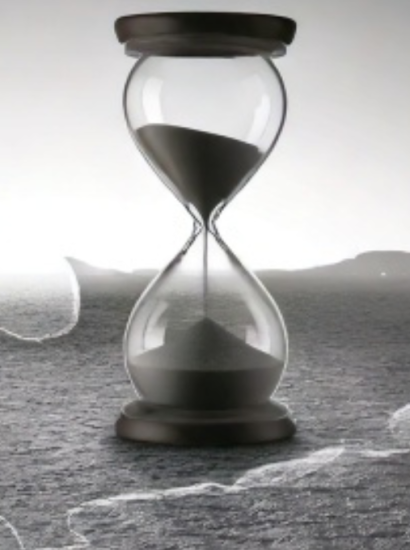This post is also available in: ΕΛΛΗΝΙΚΑ (GREEK) TÜRKÇE (TURKISH)
The first time I personally spoke with Chrysostomos II was in 2010, during the first interview I had done for Kathimerini. It was the interview in which he referred to ELAM [National Popular Front] as a group of educated guys “with crystal clear views who love their motherland”, and, on the migration issue, he had spoken about the danger of “becoming a patchwork [of ethnicities] here” . I remember excitedly leaving the Archbishop’s Palace and calling the newspaper to keep the main column free for me. Although I subsequently interviewed far more important people, it was the interview that was read and commented on more than any other. For a long time, friends referred to the Archbishop as my great benefactor, implying that he was the one who gave me the most exposure.
Many statements by the Archbishop followed. The majority of them were extreme and controversial. It was as if he was aiming to provoke. He was indifferent to propriety, he adored publicity. But the media also adored him. His every statement would automatically become front-page news and kickstart debates on social media. Everyone would measure either their patriotism or their progressiveness by their reactions to his positions.
One would need volumes to record all the astonishing things he said. Such as during the summer of 2007 when, in response to criticism over the meagre financial contribution towards the deadly fires in Greece, he said that “the Church’s money isn’t there to be thrown around for no good reason,” or in May 2016, when he was quick to express his satisfaction that ELAM had made it into Parliament, stating that “extremists are needed so that the rest can be more careful”. When he informed the faithful everywhere that “God does not save anyone for free”, when he declared that the Church will have its own schools to produce ‘straight’ civilians, or when he revealed before the committee [of inquiry] on passports that “I told the President that it’s time for everyone to stop stealing, including myself”, all of these statements had something in common. They refuted the supposed role of the Church and tested the boundaries of morality. So did his actions. More often than not, he functioned more as a businessman than as a prelate of the Church. Such as when he had mediated to get the Interior Ministry to grant Jho Low a passport, with the man accused of embezzling 4.5 billion in Malaysia issuing immediately after a cheque worth €300,000 to the Church. At other times he acted like a gangster. As he did when he was forced to ‘borrow’ money from a sum collected by refugees in Trachoni for the construction of a church, and also when, in response to protests by the church committee over the money not being returned, he said that he would take it all and leave nothing.
Back when he was still bishop of Paphos, he sent bulldozers to Lara beach to dig up sand to make golf courses. Because, as he pointed out, “people have rights too, not just turtles”. On another occasion, he threatened the Department of Antiquities that he would barge into a site where antiquities had been found with a tractor and tear it all down, since the designation of the site as an ancient monument formed an obstacle to his plans to build a five-star hotel. In the end, the classification of the site was not only lifted, but planning permission was also granted by way of derogation for two residential towers made up of 122 apartments each. His life and times were brimming with interference, illegalities and threats.
Beyond the ‘imposed’ sanctification of his person, his death also opened up a debate over who should be his successor. With practically everyone, including people who are not part of the Church, having an opinion on who is best suited for the role. So that we can make sure that whoever is chosen will not interfere with the affairs of state, will not be an extremist, will not act as if he were above the law, will be more spiritual. Who the next Archbishop will be, however, would only concern us on a theoretical level if we focused on what was actually important. And what’s important should not be the positions expressed by the respective Archbishop and the Church, but rather their role and place in the state. The access they maintain to executive/legislative power, the immunity they have enjoyed over time, the influence they have on important institutions, their position in public debates and public affairs. And this has less to do with the Archbishop than with the state and society. These are the sources from which he derives his role and influence. If, for example, he did not have the authority to ‘appoint’ the [Education] minister and had no say over the curriculum, then the next Archbishop’s views on education would not matter. If institutions were functioning properly, it wouldn’t matter if he would want to build on top of ancient sites. Just as it wouldn’t matter how extreme or racist the positions he expressed were if we didn’t choose to elevate his significance for the sake of a few votes, or a main column, or as an emblem of progressiveness.
The Archbishop represents an institution. It is up to the institution itself to choose the one that it believes can represent it best. As for the rest of us, it is up to us to change the role and coverage we had granted him. To demand that he not interfere where he shouldn’t. Most importantly, there must finally be a clear distinction between Church and State. So, instead of getting back into a debate about who is best suited for the role, let’s see how we can at long last rethink the role of the Church, which has held education captive and society stagnant for years now. Let these elections for Archbishop be an opportunity to deal with the important and essential things.
Source: THE ARCHBISHOP WHO DEPARTED AND THE ONE WHO’S COMING






